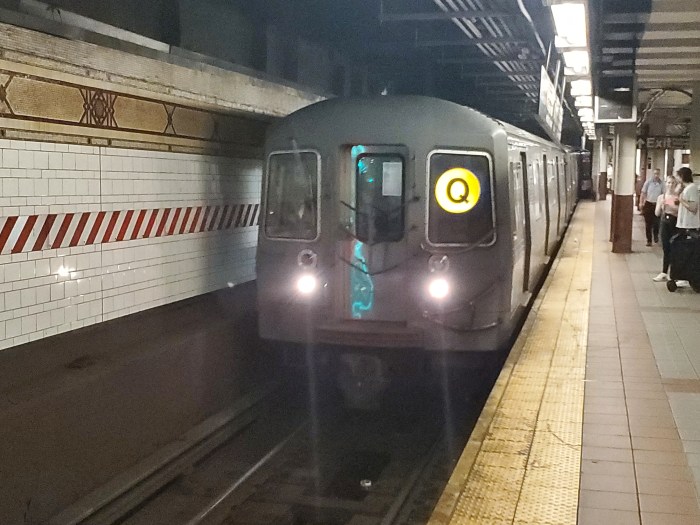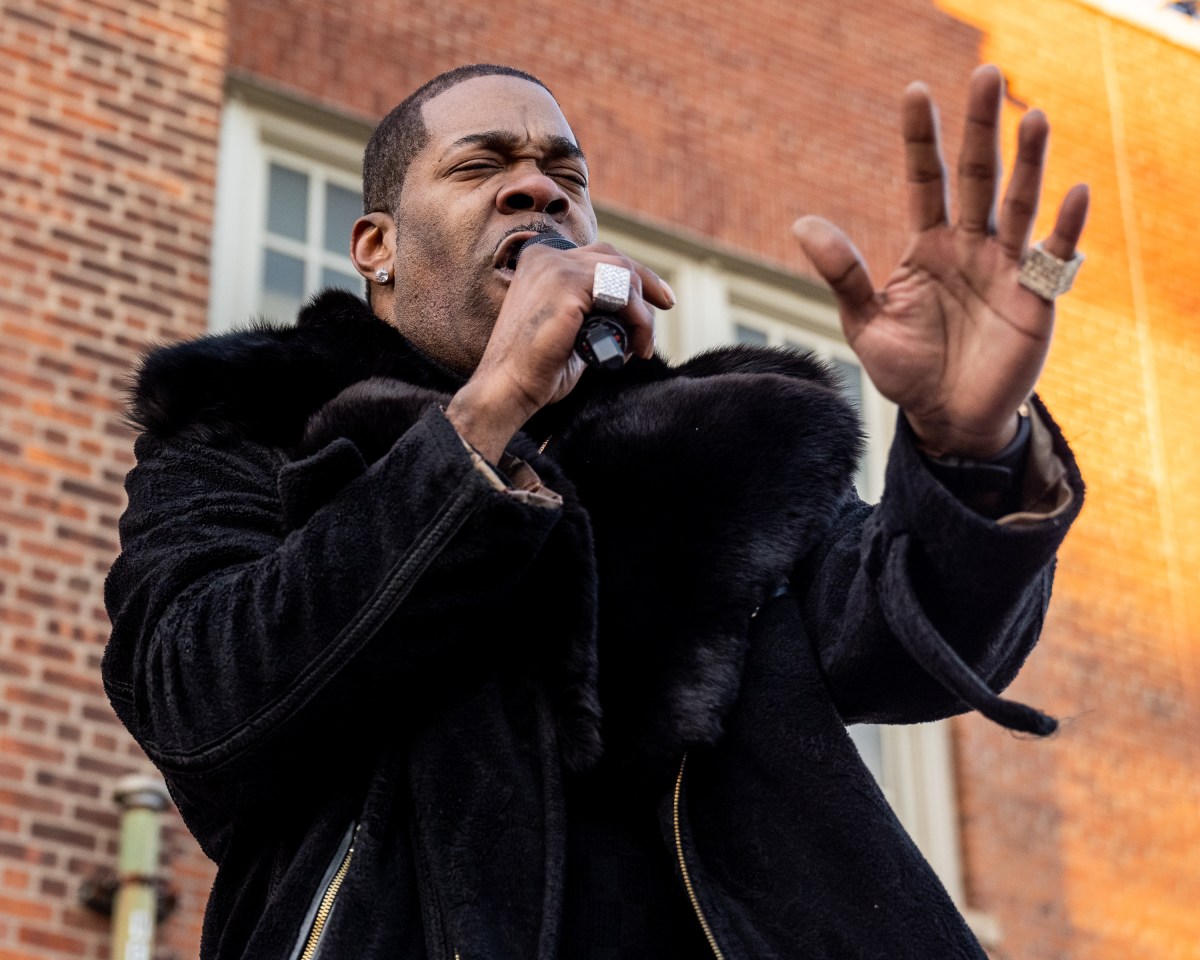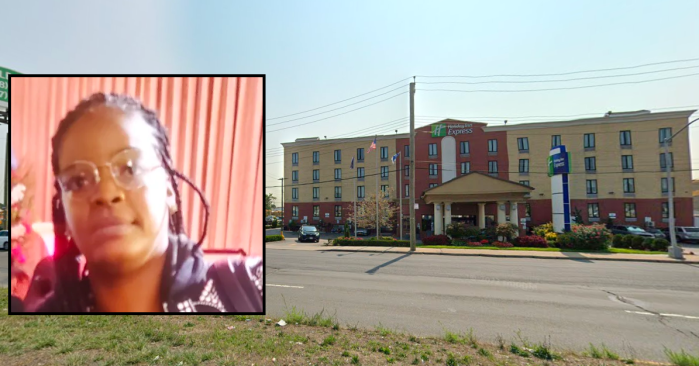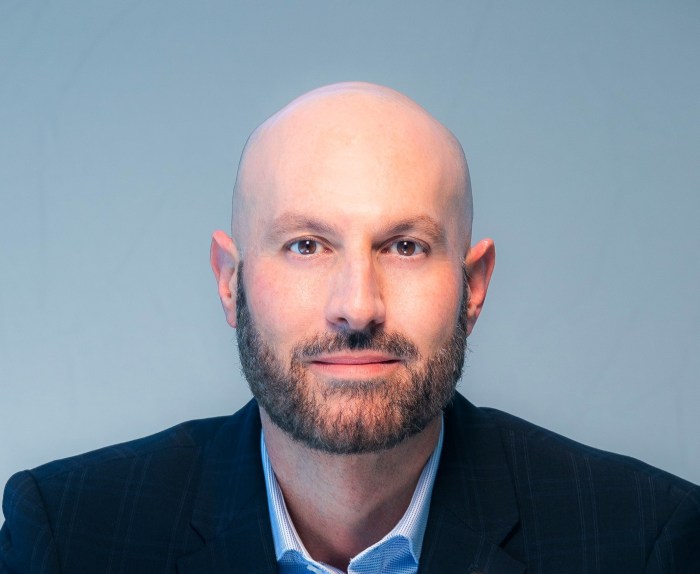A rule from the Taxi and Limousine Commission debated on Thursday would upend how car service apps in the city have been sending out drivers to pick up fares.
Right now, drivers with for-hire-vehicle bases — the same kind that allow Uber and Lyft to operate in the city — could be sent to pick up a fare from another company. The proposed rule would limit hacks’ ability to drive for multiple bases unless there’s an agreement between base owners — a potentially difficult request in a competitive industry.
This united rivals Uber and Lyft in opposing the rule at a TLC hearing, but for starkly different reasons.
For Lyft, the rule means a monopoly for Uber, which is hammering its competitors with roughly 10,000 affiliated drivers at six bases.
“The apt analogy would be looking at baseball,” said David Mack, Lyft’s public affairs director.. “If one team has all the money they’re going to buy up all the best players and basically exclude them from going anywhere else.”
Uber NYC general manager Josh Mohrer, meanwhile, denied that.
“If that were true, then we’d be for the rules,” he said.
But Mohrer’s opposition to the rule concerned the possible cut to drivers’ income because they would be sitting idle waiting for fares instead of getting riders from other taxi app services and bases. He said Uber has about 3,500 part-time drivers who are primarily affiliated with another base and make an average of $700 a week.
“We prefer that they have the option of working with us part time, but if we’re forced, we’ll make the pitch that they should come on full time,” Mohrer said.
The TLC has said the rule would increase accountability for passengers, so it is easier to track down a car when property is lost, for example. This dispatching issue has been increasing since apps got into the for-hire-vehicle industry.
Drivers at the meeting largely opposed the TLC’s rule over for limiting who they can pick up.
Kyzer Ahmen said Uber helps him make from $500-$600 a week extra and fill gaps in his day, saying his primary car service puts certain restrictions on him for picking up fares. He said he can work 12 hour days and make the same amount as a 16-hour day with extra Uber fares.
“Having the ability to work with multiple dispatches actually helps us feel more relaxed, more comfortable working, put in less hours,” he said.
But another Uber driver, Abdoulrahime Diallo, 28, of the Bronx said the TLC was right to restrict dispatches because the market is flooded with drivers, pushing down wages, including his. The rule would mean companies would have to fight for drivers.
“Those of us who actually commit to them are cut off,” said Diallo, who organizes Uber Drivers Network. “But by making this restricted, they will only have drivers who are happy with them and whoever’s not happy will leave.”


































